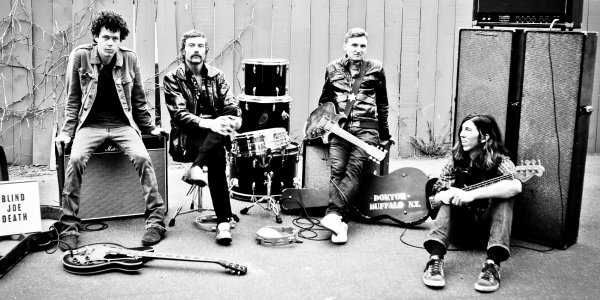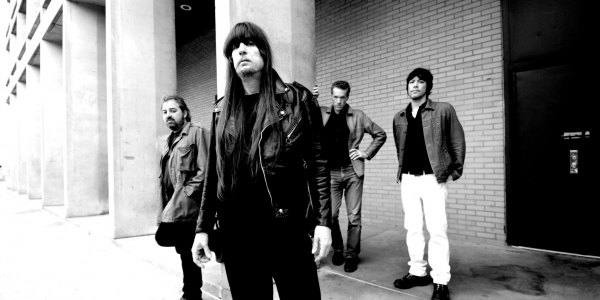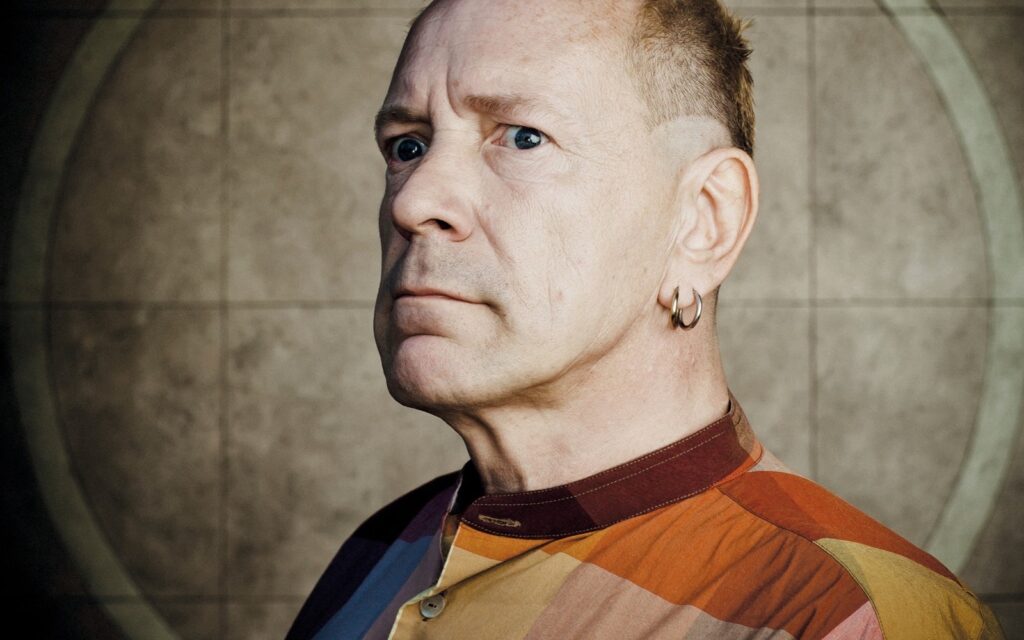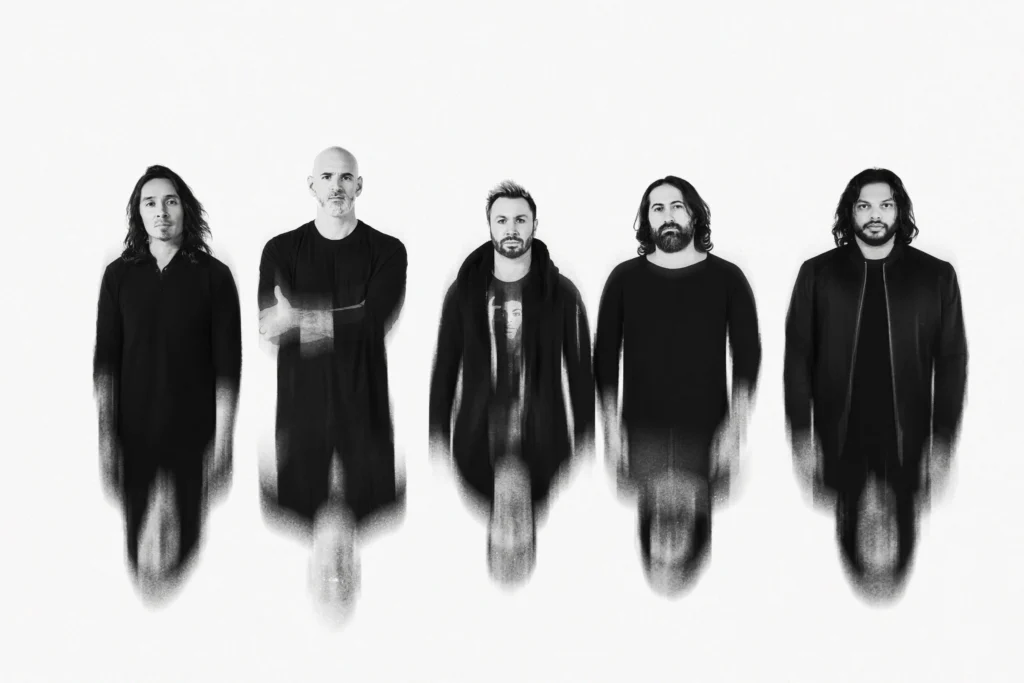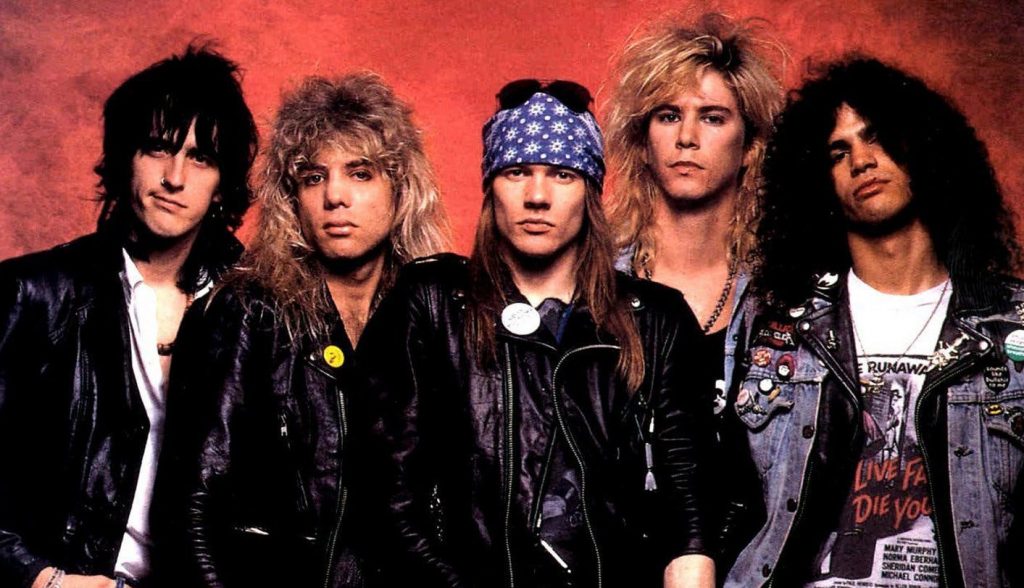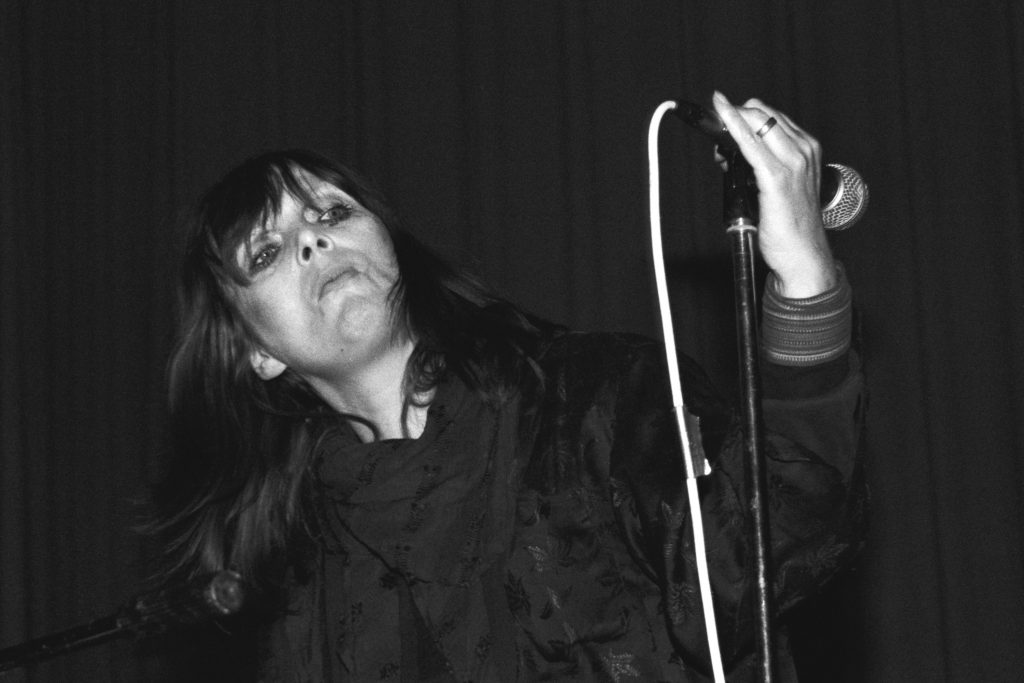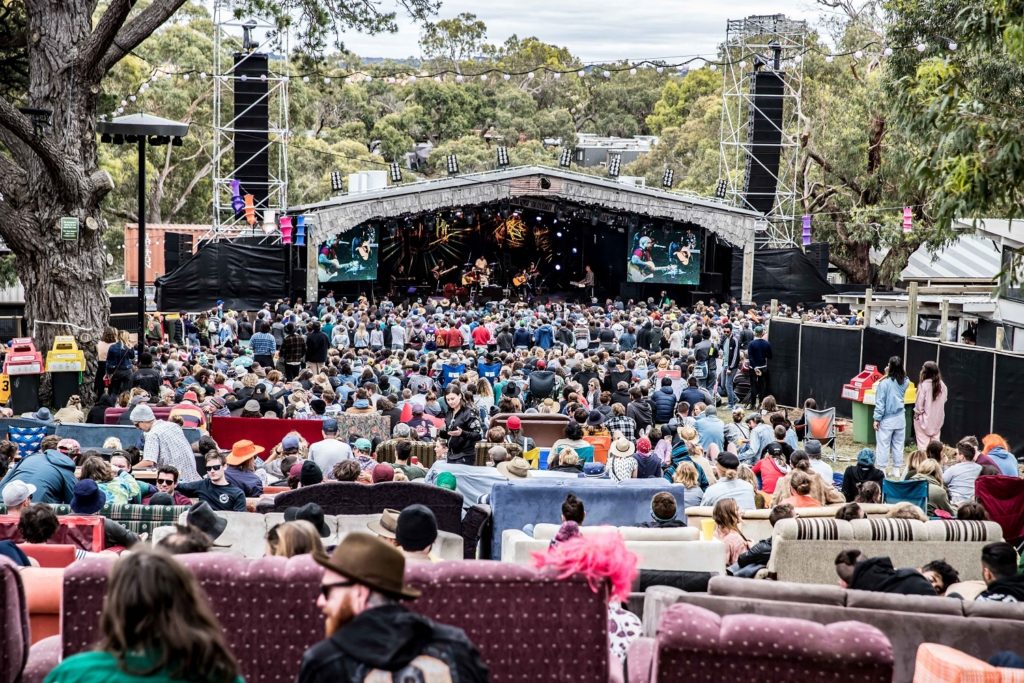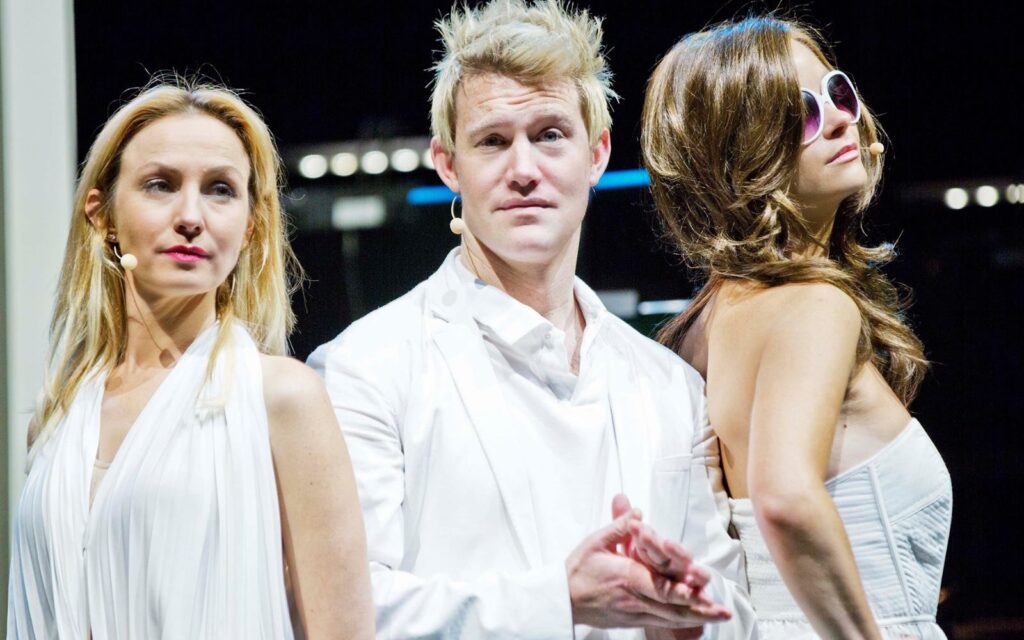But there’s more to The Bloody Hollies than one might think. While every one of their records could serve as a fitting soundtrack to a night of hard drinking and general irresponsibility, lead singer/guitarist Wesley Doyle insists that the band isn’t about to fall into what he believes is a rock ‘n’ roll cliché.
“The clichéd rock ‘n’ roll life? Party every day? No, not at all,” says Doyle, reached on the phone from his San Diego home. “We’re pretty tame. We’ve had a few tours that got out of control; on our last European tour I drank a little more than usual. But we’re a little bit older now; there are wives and daughters around now. Sure, when we’re at the bar we’ll goof around but we’re still pretty tame.”
Rest assured however, though the band might not accompany you on your next bender, The Bloody Hollies are still as focused as ever on creating rock ‘n’ roll that is timeless and original. Long lumped in with other “Garage revival” acts, there is a rawness within each of their tracks, which often borrow heavily from classic Americana and both Chicago and Delta blues that set themselves apart from their contemporaries. Still, Doyle is concerned with how saturated his surroundings have become with the recent popularity of his chosen genre.
“If anything, it’s a hindrance. When I hear so many bands just jamming in [the key of] G, it makes me not want to do it. We don’t want to have to re-invent our songs. Even though it’s something that a lot of other bands are doing, we can’t help that. Now that there are so many other bands doing the blues-pop thing, we’re just forced to become that much better.”
And they have. The Bloody Hollies have manned their ship throughout their five full-length releases, always maintaining a steady focus on a steady musical progression. It’s a progression that isn’t always free of complications, however. Who to Trust, Who to Kill, Who to Love, their 2007 release, was one that Doyle is incredibly proud of. And it’s a fair sentiment, considering how concise and powerful a listen it is.
But four years between albums can be eternity in the demanding world of modern rock. When presented with the challenge of recording a follow-up, Doyle had no choice but to acknowledge his admiration for Who to Trust, Who to Kill, Who to Love and try to deal with the pressure surrounding the writing process.
“There was a little more pressure with these songs. It was tough for us to find the direction of the record, but eventually the songs did begin to open up. We probably took a little longer with this record than we normally would. I just thought our last record, Who to Trust, Who to Kill, Who to Love was just really good. I was really proud of it. I know that sounds really cheesy, but inevitably I felt this pressure on my shoulders. But in the end I kind of just rolled with that pressure when it came to song-writing.”
A big part of Doyle’s approach is to not overthink the song-writing process. The band’s rawness often resonates because of its hands off approach. Needless to say, The Bloody Hollies are not fans of studio trickery. Nor are they keen on putting a finger on exactly what the band is – instead, paying homage is what remains important to The Bloody Hollies. While they may not maintain the kind of Zeppelin-esque hedonistic stigma, that doesn’t mean Doyle shouldn’t appreciate and give heed to the greats before him.
“One thing we never try to do is identify what the Bloody Hollies are. Maybe that helps. It’s kind of hard to say to ourselves, ‘We sound like this, and therefore we’ve got to write song like this.’ We’re not afraid to write whatever comes to us. And I think that’s pretty cool. Instead of trying to figure out what we sound like, a record like Yours Until the Bitter End is evidence of all our influences.”
Whatever The Bloody Hollies are or what they end up becoming seems largely irrelevant to Doyle. Instead, being that his band are thick with classic influences, he’s keen to discuss what circumstances first gave birth to The Bloody Hollies in the American border town of Buffalo, New York. There’s an eagerness in his voice and his explanation that insists the band is hell bent on continuing the tradition they’ve created for themselves.
“I have to give a lot of credit to the DIY bands of the early 2000s, like The White Stripes, The Dirtbombs. These were bands that were playing a lot in the Midwest, cities like Chicago and Detroit and then up to Buffalo. Before that, you were either from New York or Los Angeles. Those were the only scenes that mattered. Then before you knew it there were all these great festivals popping up in Detroit and Buffalo. But Buffalo is a small town, and it built this incredible scene while no one was watching. I mean, look at The Black Keys! They’re from Akron, Ohio! No one was paying attention to Akron. But I was watching all these bands and I just thought to myself, ‘Hey, I could do that.'”
